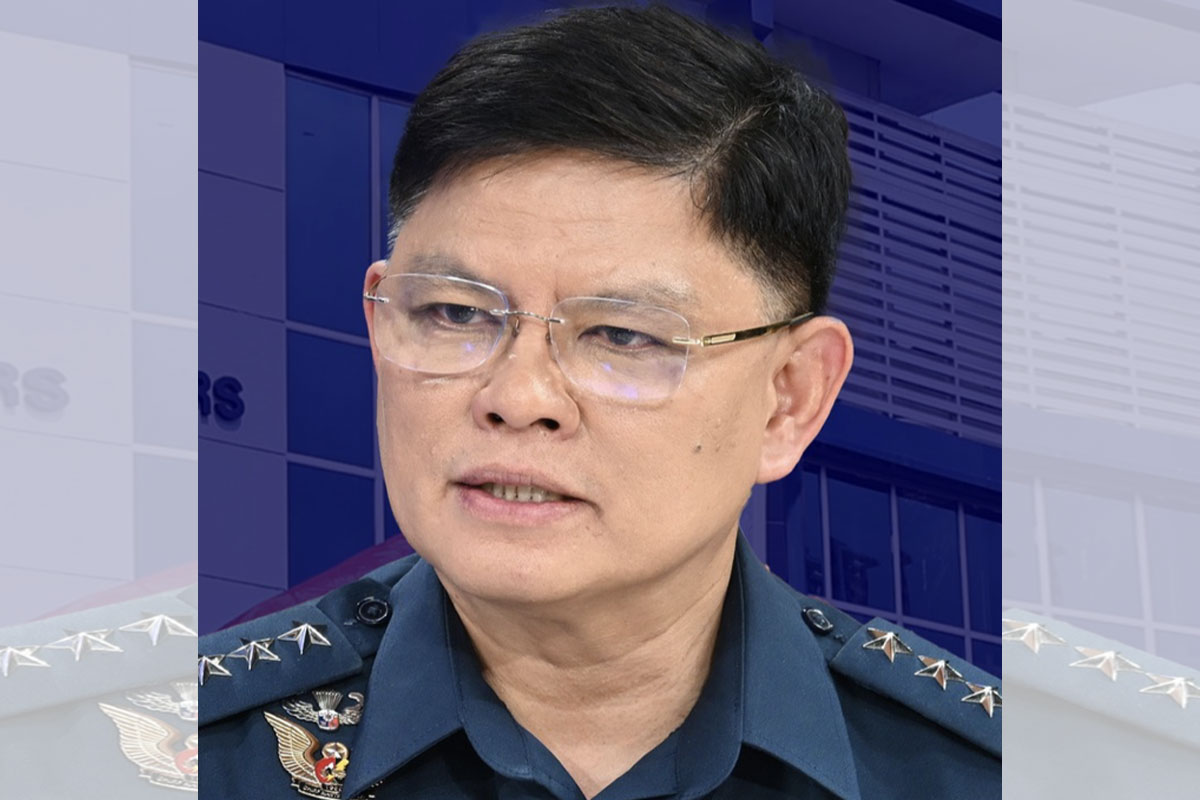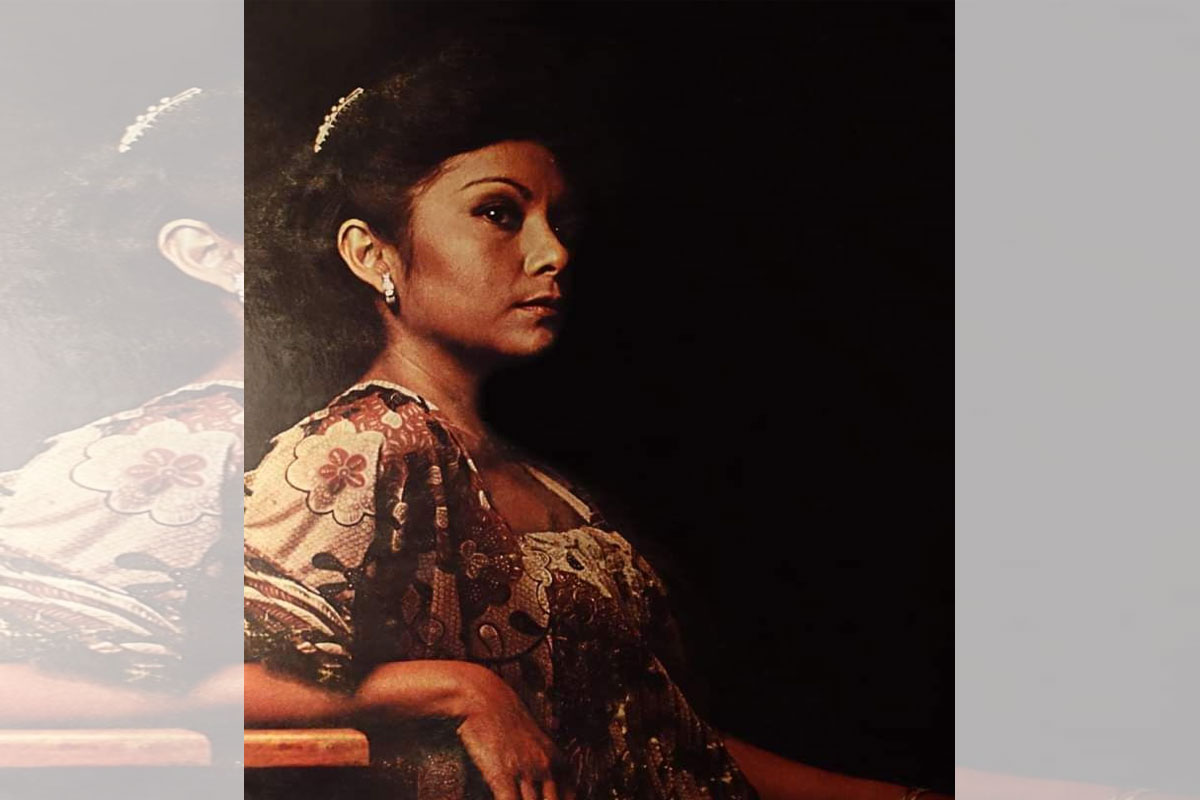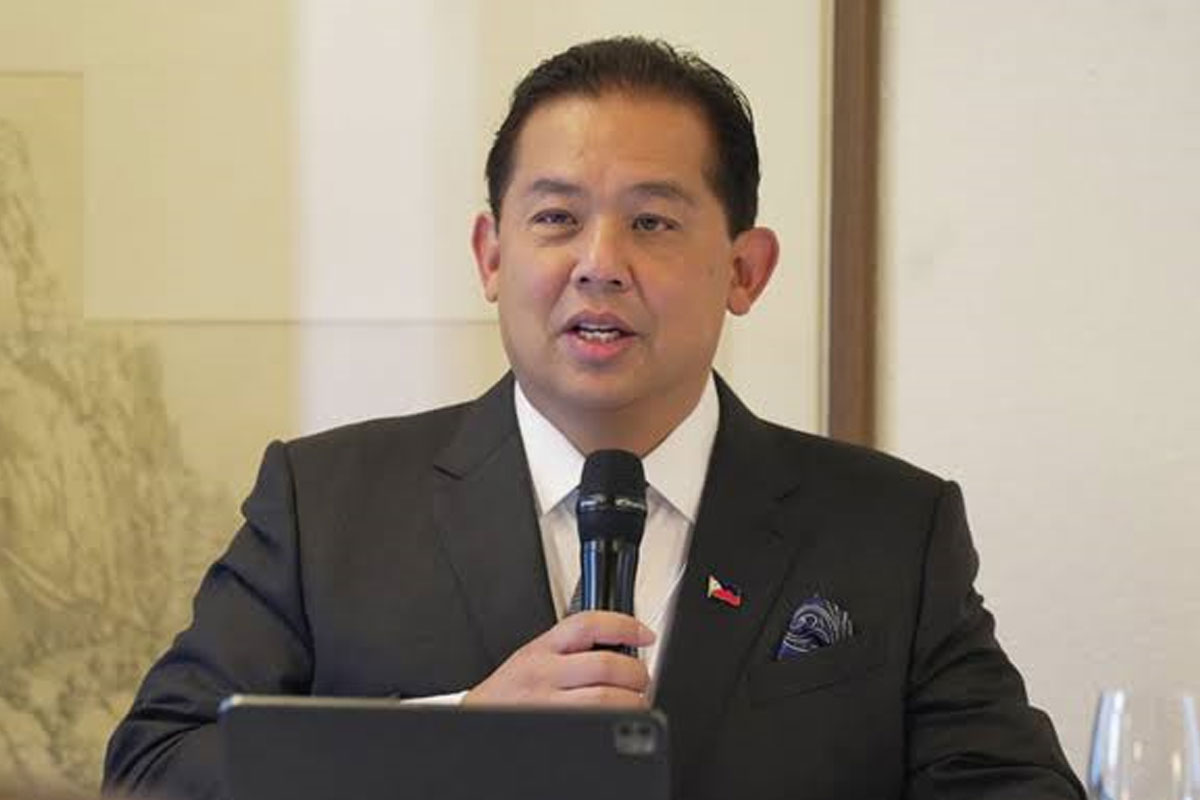
A preventable mistake
People not yet desensitized to the violence and culture of impunity reigning among trigger-happy cops would have found it infuriating and heart-wrenching to watch on TV news a grieving mother pouring her heart out in utter exasperation over her child’s senseless death.
“Ano ba tingin nila sa anak ko… ano lang po… pusa o aso na binaril lang nila?” a visibly anguished Rodaliza Baltazar said as she bemoaned how policemen killed her son Jerhode “Jemboy” Baltazar on August 2 in what is claimed to be a case of mistaken identity.
Before he was sacked over the incident, Navotas Police Chief Col. Allan Umipig told media they got a tip that a shooting suspect had boarded a boat. “When the police arrived at the scene, they saw Baltazar and his friend’s boat. Rattled and scared, the 17-year-old boy jumped off the boat and swam in the river, while his friend remained in the boat. The cops then fired at Baltazar,” a news report said. “It was found out later that the 17-year-old victim was not the suspect the cops were looking for.”
The killing of Jemboy, whether or not it’s a case of mistaken identity or outright murder, again puts the Philippine National Police in a bad light. The massive news coverage over the fatal shooting brings into the open anew the nagging issue of scalawags within the PNP.
While it might still be true that rogue cops constitute a small minority of the entire PNP force which is currently around 200,000-strong, the grim reality is that police misfits have the capacity to shape the perceptions of the general public or even subvert our criminal justice system.
The impact of bad eggs on the public’s perception of the police certainly depict, albeit unfairly, the entire basket to be rotten – as what many people are inclined to believe amid continued failure of the PNP to significantly cleanse its ranks.
The exemplary men and women of the PNP who truly serve and protect, who always strive to enforce the law with utmost professionalism, who put their lives on the line, certainly do not deserve a demoralizing image.
To help rid the PNP of its bad image, the aberration in the system must be effectively dealt with. Having worked with two DILG chiefs in the past, I believe that what would significantly help the PNP overcome a sullied image can be found among these: Screening and selection of police recruits, education and training, values formation, and regular evaluation to determine continued physical, mental, and moral fitness ought to be pursued and strengthened.
“It is easier to build strong children than to repair broken men,” according to 19th-century social reformer Frederick Douglass. Thus, the selection process is vital. Once in, constant evaluation is still necessary to weed out those who no longer are able to truly serve and protect with utmost professionalism.
The Navotas tragedy could have been prevented if such evaluation was in place to ensure that cops would strictly abide by the PNP operations manual which prohibits the use of warning shots, and states that “the police officer must first issue a verbal warning before he could use force against an offender.”
Also, the policy of using functioning body cams during police operations ought to have been strictly implemented.
“The cameras create an equilibrium between the account of the officer and the account of the suspect about the same event – increasing accountability on both sides,” according to a 2016 study from Cambridge’s Institute of Criminology on advantages of body cams. When police know their operations are being filmed, they “think about their actions more consciously.” Body cams would have certainly helped prevent the Navotas mistake. By ANGELO TUGADO
Email: [email protected]


















